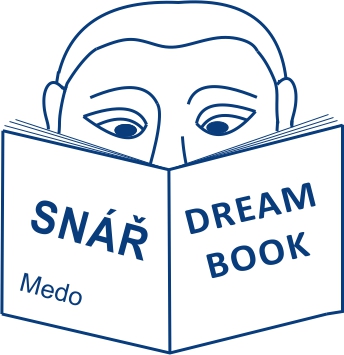The Dream Book of Self-Knowledge
- it should be realized that in the realm of the unconscious and dreams the only fair court lies beyond a person's reach and unfortunately beyond his understanding; it is immaterial if we call this fair court fate, the Law of Karma*34 or the judgment of God; no person will escape this judgment of God, which Christ summed up memorably: "Truly I tell you, you will not get out until you have paid the last penny." (Matthew 5:26)
- a human court in comparison with the judgment of God or the Law of Karma is an imperfect and often errant substitute since the egotistical element enters into human judicial decision-making with it numerous prejudices and misguided and misleading opinions.
- being sentenced by a court: the unconscious uses this image to teach the dreamer to patiently, without reservation or resistance, admit guilt and accept punishment, whatever it may be, even in cases in which the dreamer does not bear obvious guilt; once the dreamer accepts the punishment, intuitive understanding of the karmic relations of the dream condemnation and forgotten guilt will appear just as the Law of Karma states.
- repeated sentence by a court: appears if the condemned does not admit guilt; less pride and more humility is needed to understand the relations shown by the dream.
- convicted in a court: one should not be angry with the condemned even if his act directly affects the dreamer, and should detachedly view the situation.
- a spiritual person would strive for compassion for those condemned as well as for those who brought the accusations and judgments; once compassion becomes part of conscious (in waking consciousness) and subconscious thinking (in dreams), a person recognizes the infinite power of karma*26 over human actions and recognizes in the behavior of other afflicted with guilty thoughts, and clothed in innocence he feels relief from the intrusive images of guilt and punishment.
- lawsuit, litigation: see Accusation, accusing.
- defense in court: what we defend or what is defended from us is more important than the act of defending.
- jury in court: see Judge
- prosecutor: see Prosecutor.

